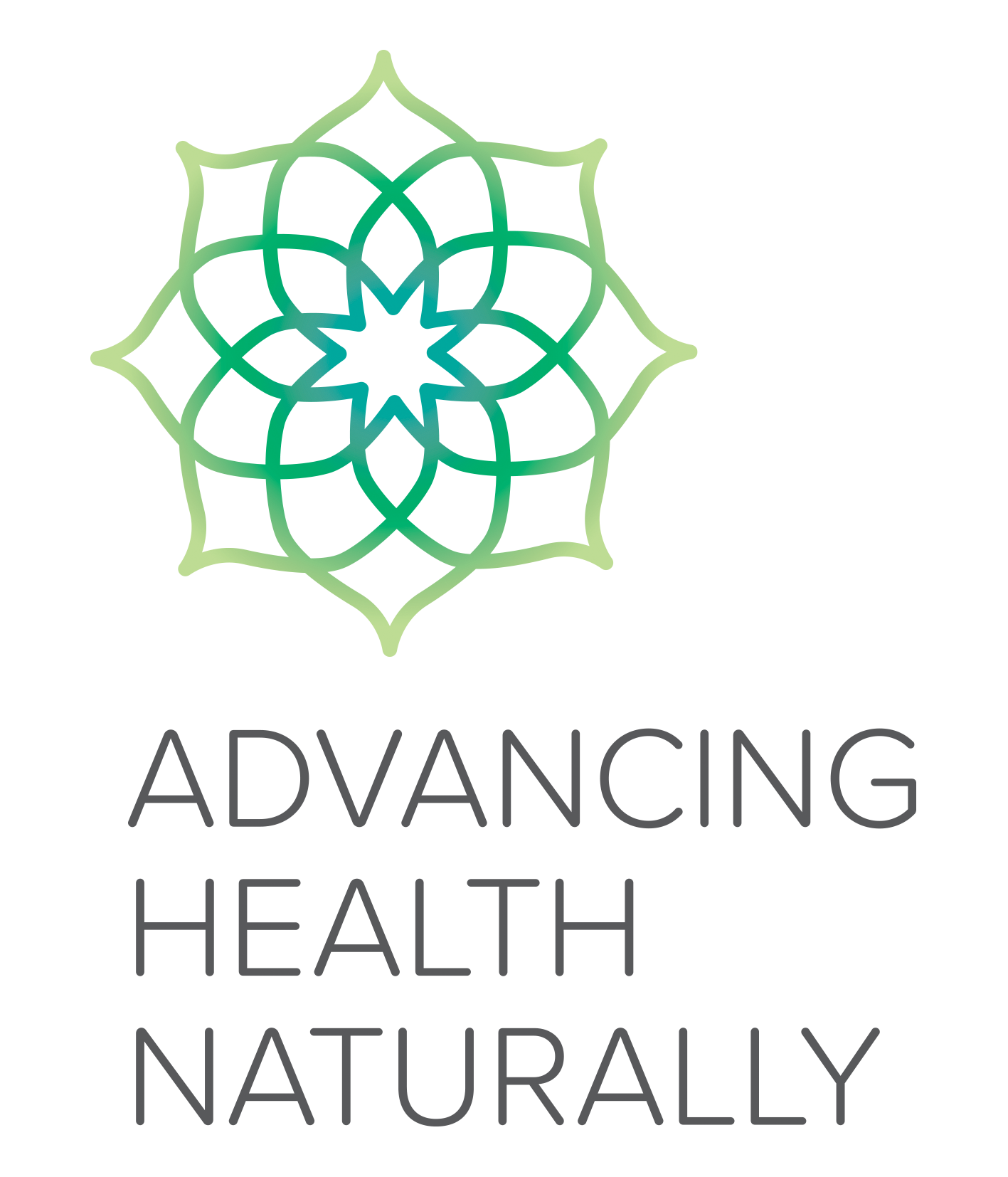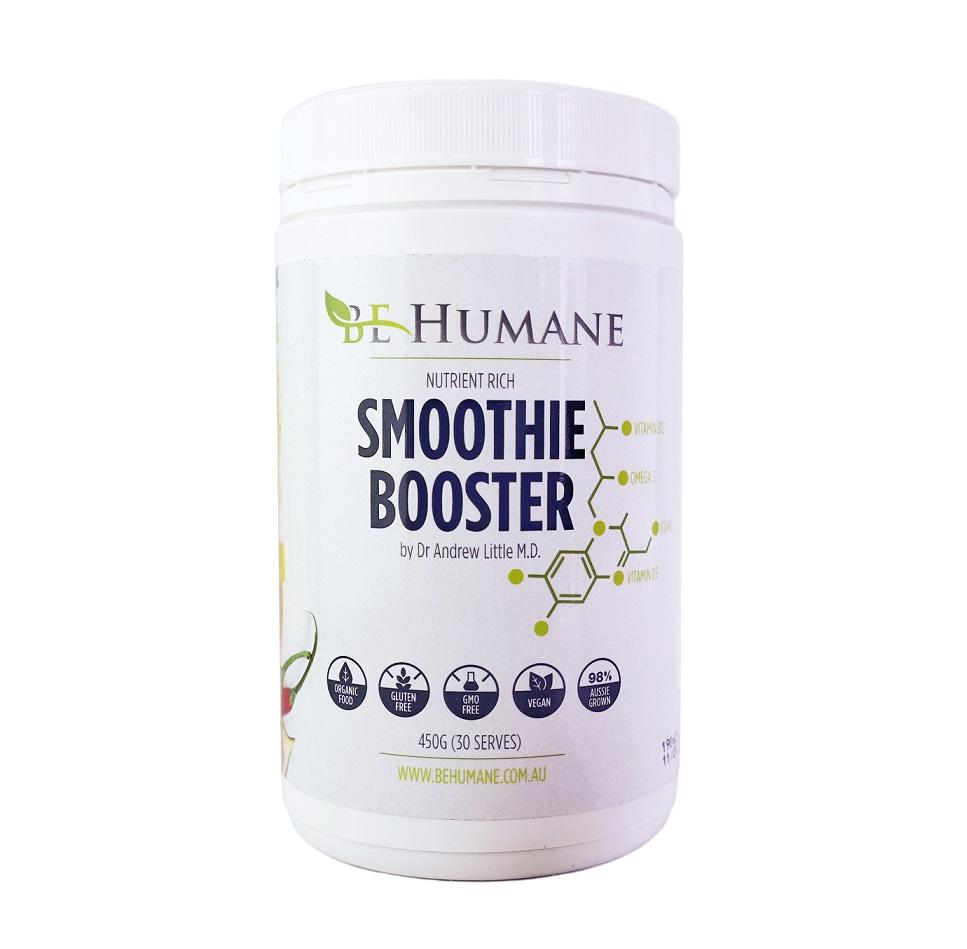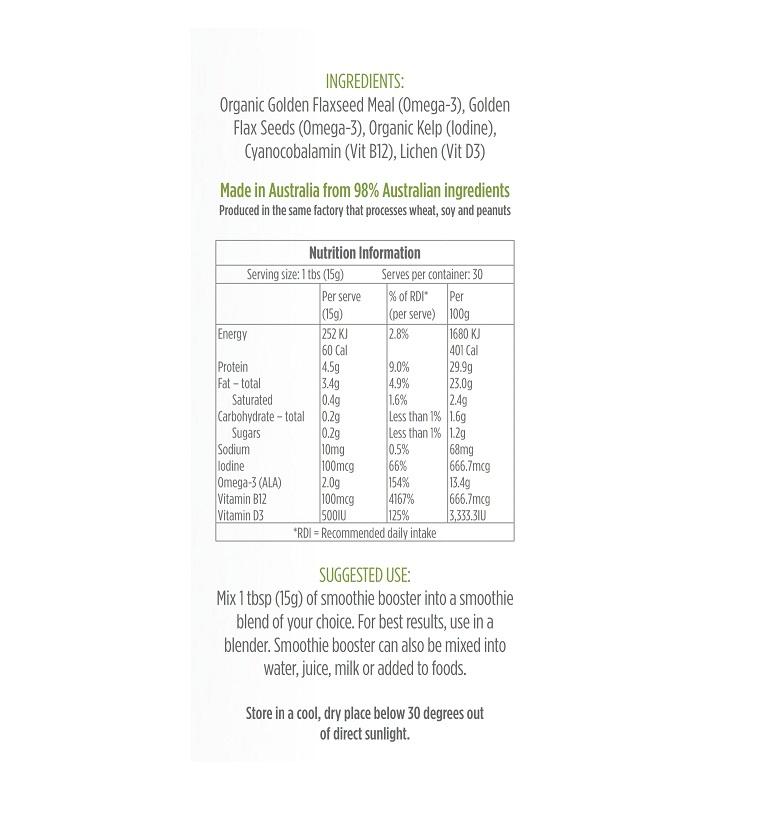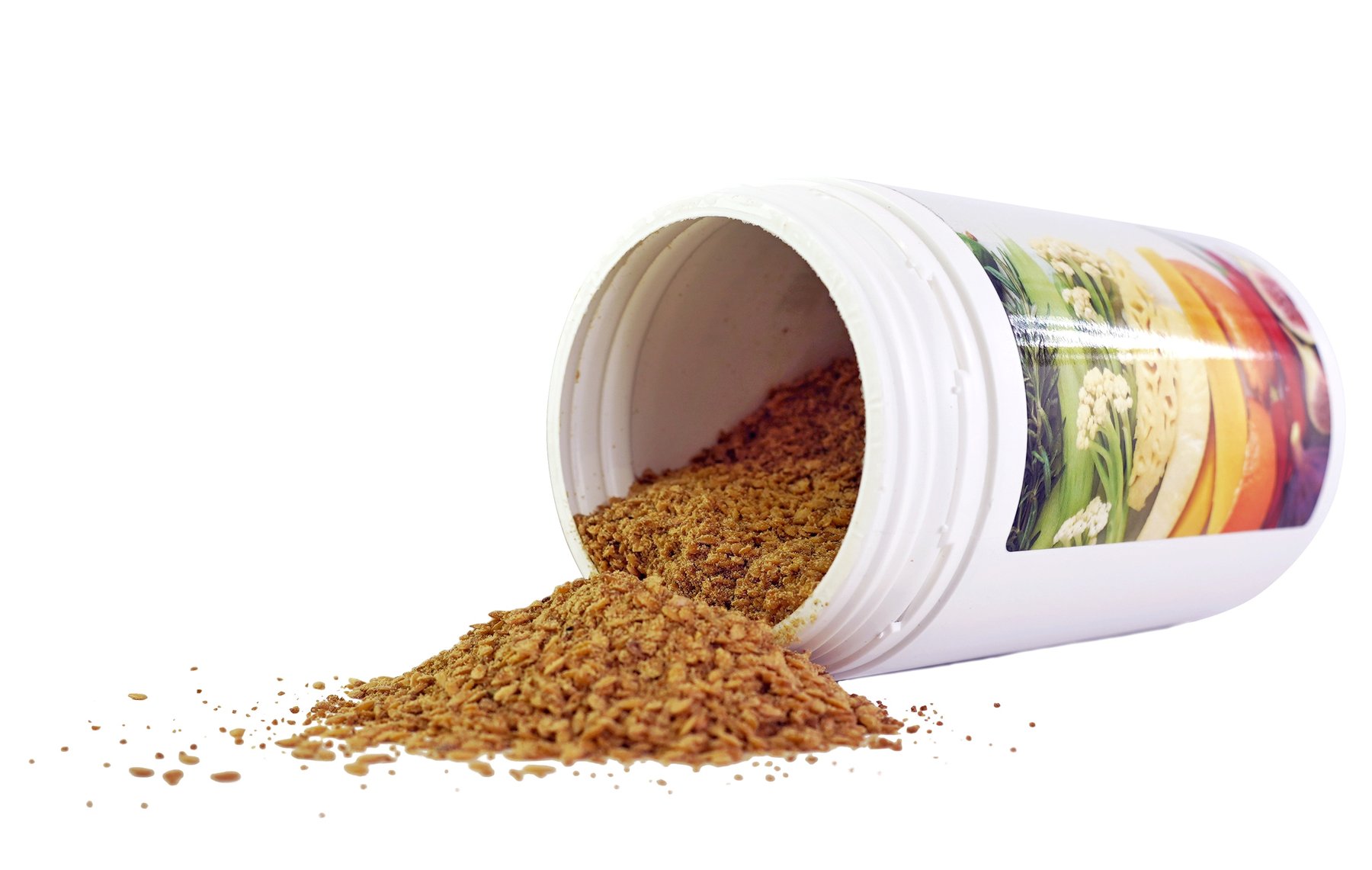Description
Vitamin B12
Vitamin B12 is an essential co-factor for the metabolism of every cell in the human body, particularly with regard to DNA synthesis. Eating a plant based diet means it is also absolutely essential to supplement the body with vitamin B12 with the recommended daily intake being 2.4mcg. The body can store up to 4 years worth of vitamin B12, so if you’ve recently converted to a plant based diet and your B12 is fine for now, your stores will eventually be depleted. Vitamin B12 is made by bacteria in the ground, which we would have naturally been exposed to through drinking from fresh water streams or pulling our vegetables directly from the soil. However, thanks to modern farming practices such as pesticide use and sanitising our water supply, these B12 producing bacteria are destroyed. This means that many people on a plant based diet do not receive sufficient B12 and research has shown that 26% of Australians have sub-clinical levels of vitamin B12.
Vitamin D
Vitamin D is used for calcium homeostasis. It is needed for strong bones, muscles and overall health. We have conveniently evolved to produce our own levels of vitamin D in the body through exposure to sunlight; however, we no longer run around naked and our sun exposure is often minimal. For this reason, we may need to rely on other sources of vitamin D in our diet. To assist in meeting your daily requirements of vitamin D, our formulation contains vitamin D3 from Lichen – see our FAQ section on Vitamin D for more information (including references) about Lichen and Vitamin D supplementation.
Iodine
Iodine is essential for thyroid function which has a number of roles including regulation of metabolism and the regulation of bone growth and neural development. Most people get their iodine from seafood because the oceans are a rich source of iodine. Interestingly, cow’s milk has also previously been a source of iodine due to the fact that during sanitisation of the milk vats, iodine was used to kill bacteria in the tank which was then transferred into the milk during production. This practice is no longer common and therefore dairy is no longer a reliable source of iodine.
Omega 3’s
There are only 2 fatty acids that are considered essential to the human diet: ALA (Alpha-Linolenic acid – omega-3 fatty acid) and LA (linolenic acid – omega-6 fatty acid). Now here’s the important part, DHA (Docosahexanaenoic acid) and EPA (Eicosapentaenoic acid) are not considered essential since they can be synthesised in the body.







Reviews
There are no reviews yet.